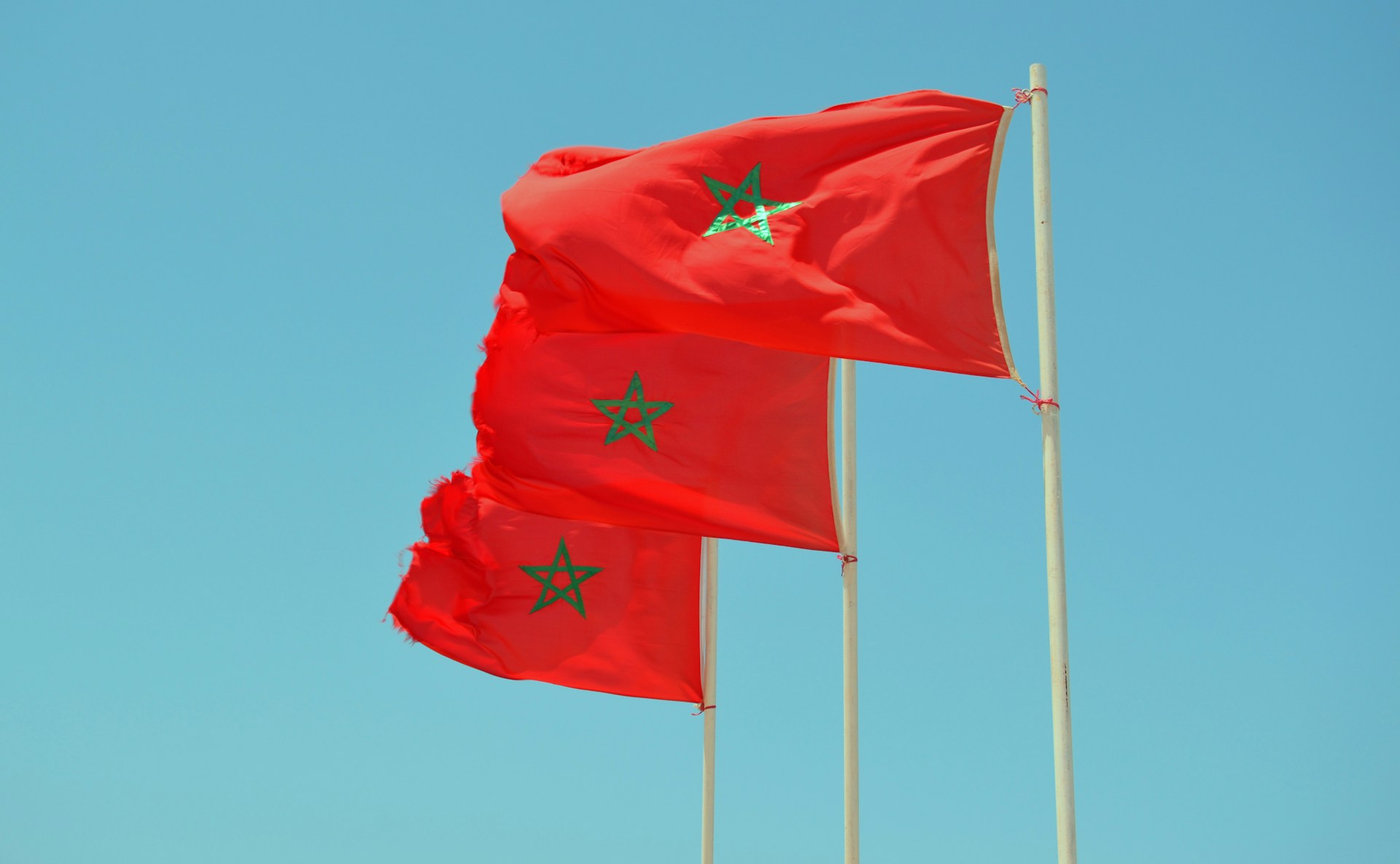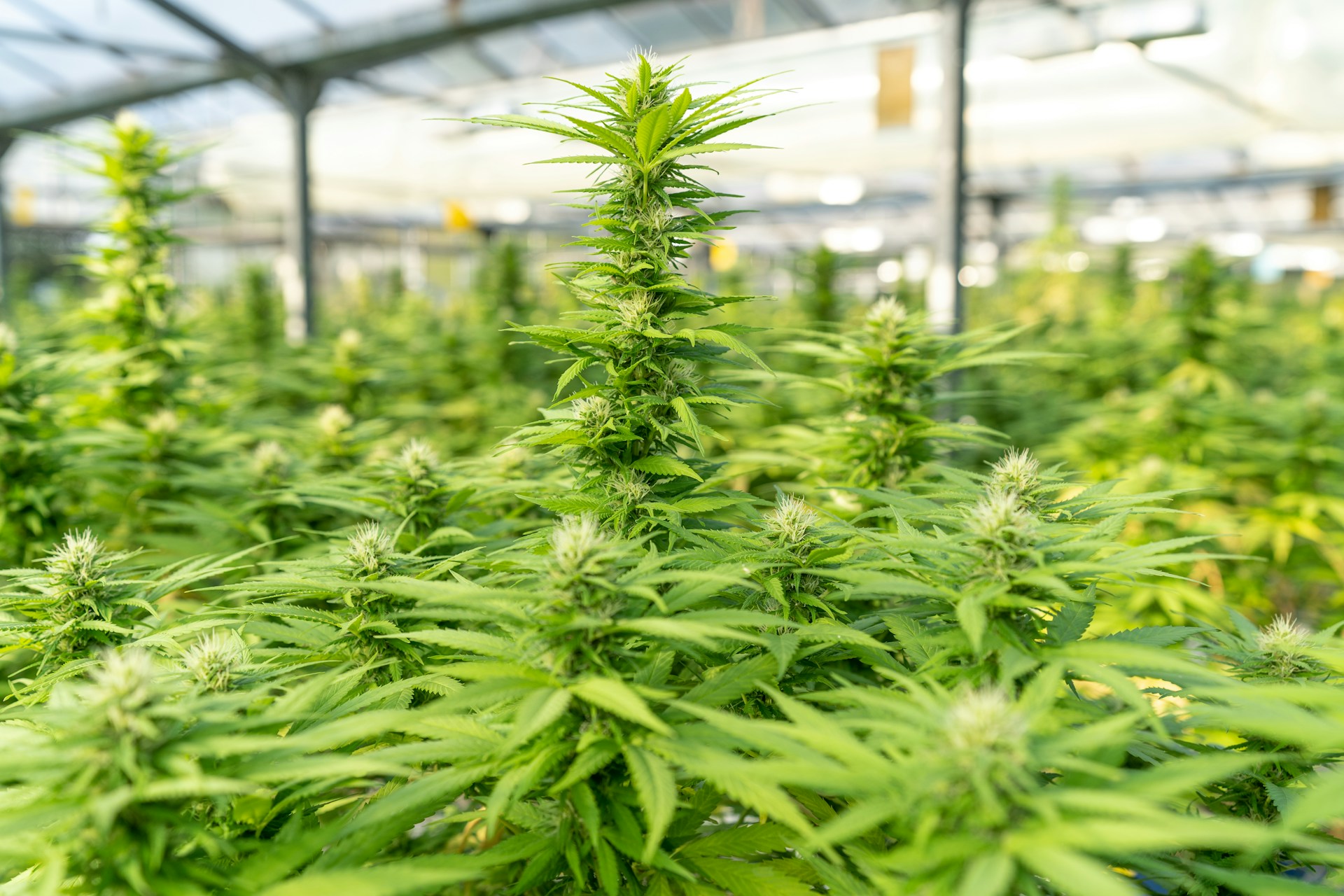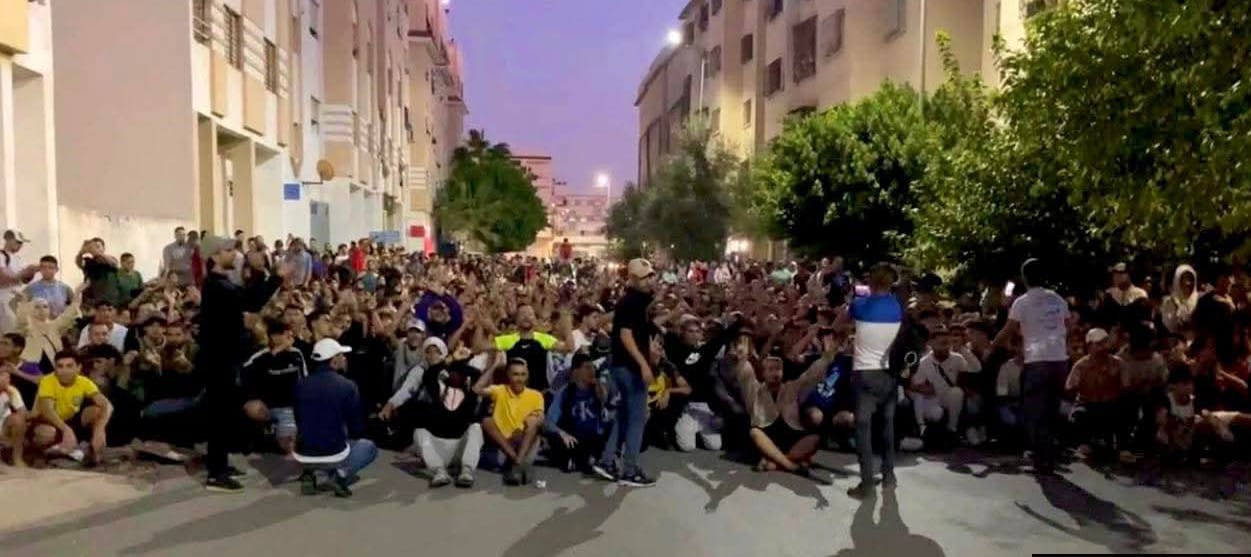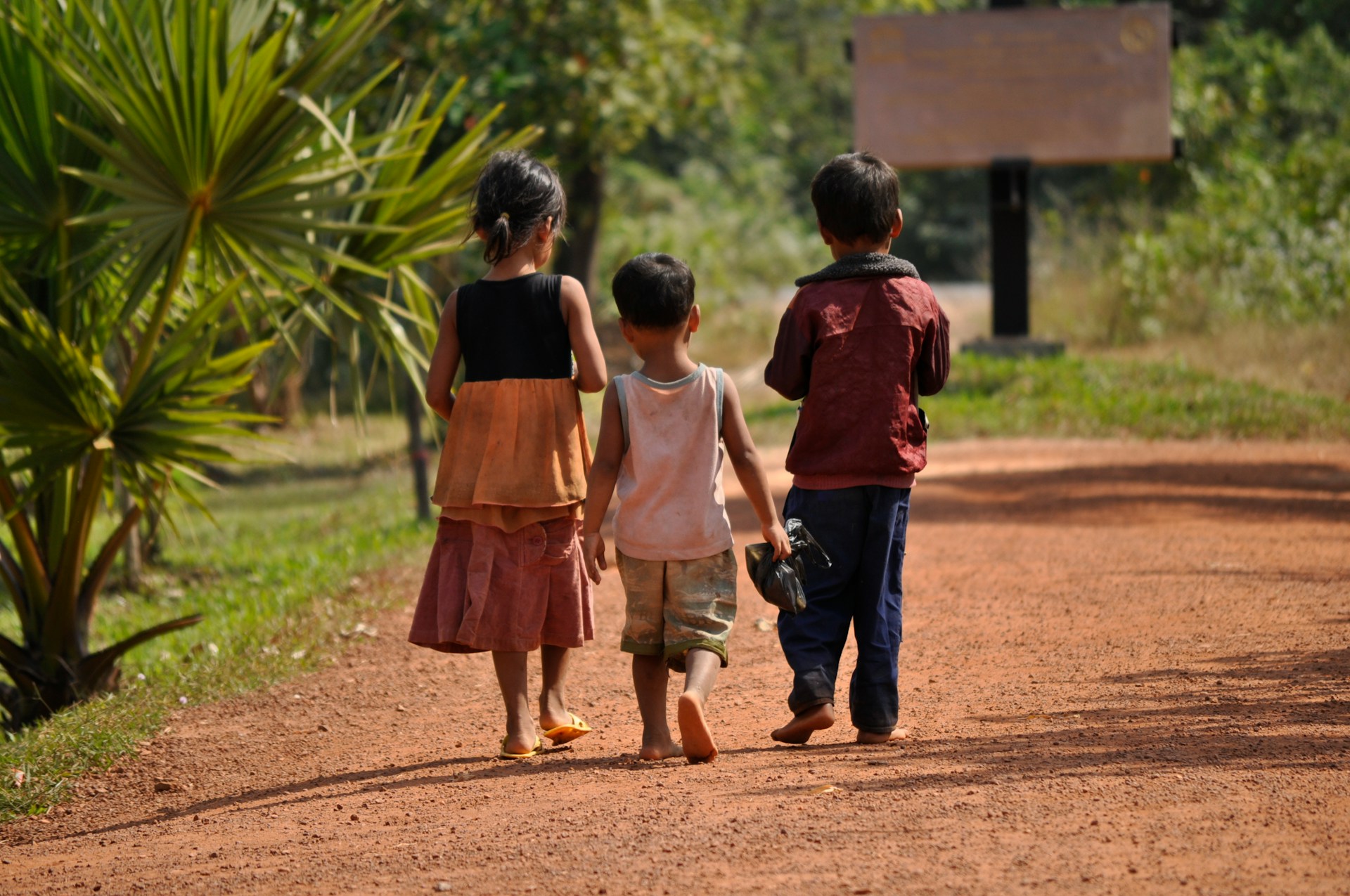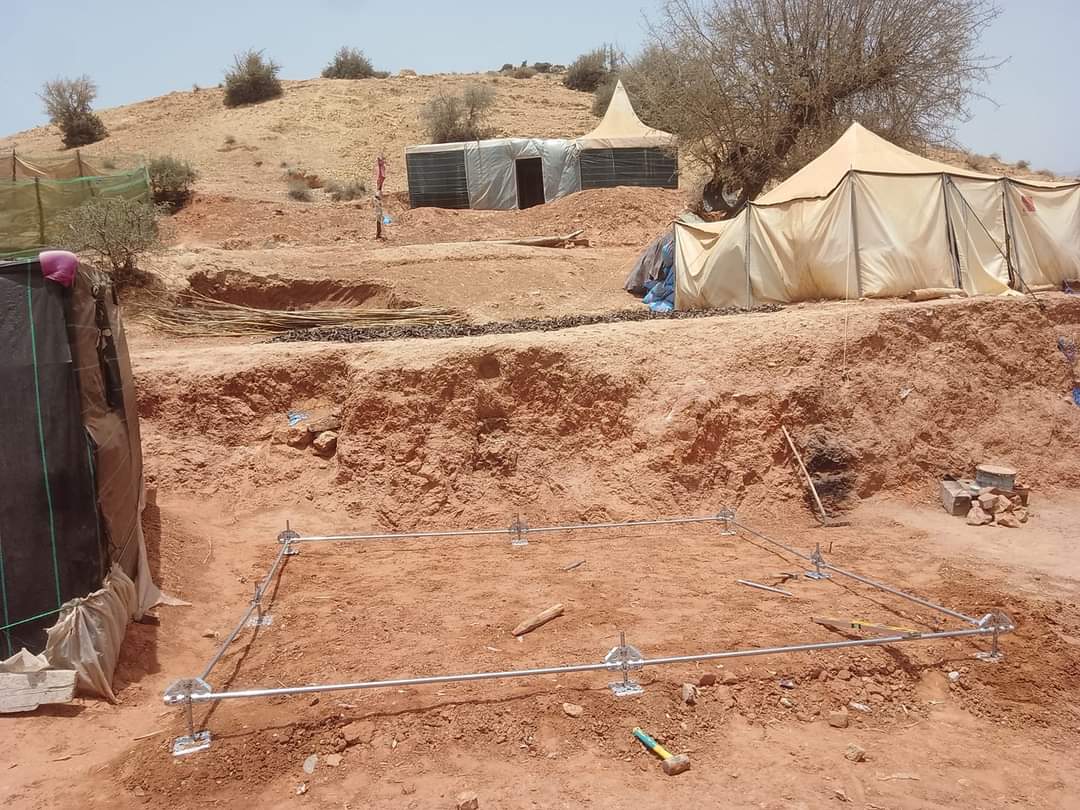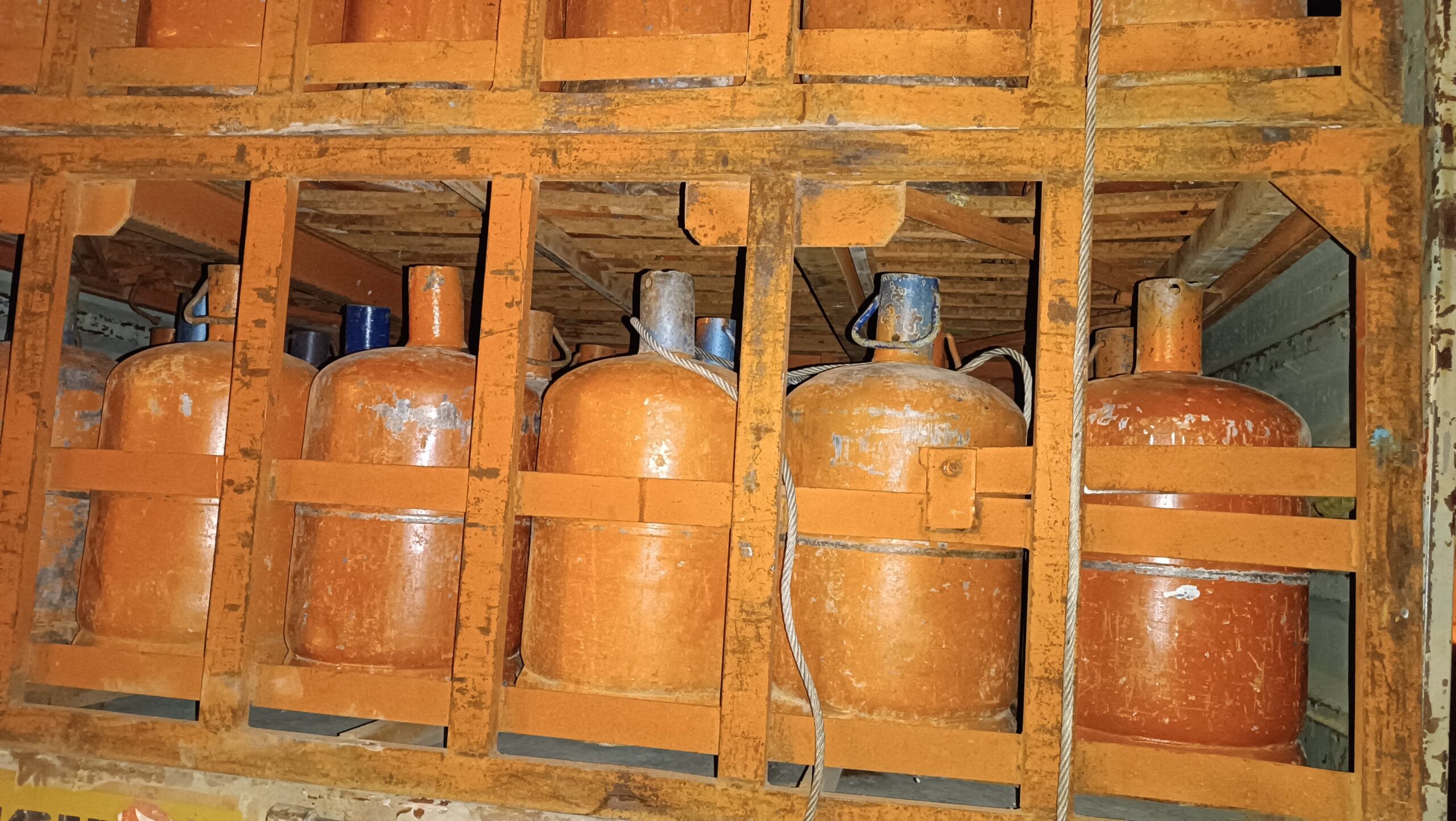Casablanca – Morocco’s Head of Government, Aziz Akhannouch, used a nationally broadcast interview this week to highlight what he described as progress in education, healthcare, water security, social support, and financial stability, while also addressing upcoming political challenges as the country moves toward the 2026 parliamentary elections.
The interview, aired on Al Aoula and 2M, offered a comprehensive overview of the government’s record and priorities for the remainder of its mandate. Akhannouch emphasized that his administration will continue working “until the very last minute,” framing the coalition as stable and describing it as a “model experience.”
Expanding access to education
Education featured prominently in Akhannouch’s remarks. He said that more than 3.2 million students had received direct financial assistance at the start of the current school year, aimed at easing the burden of school supplies on families. Parents registered in the Unified Social Registry received the equivalent of about $21 per primary school student and $31 for those in middle and secondary school.
The prime minister underlined that this support is part of a larger agenda to reduce inequality in access to education. He also pointed to the rapid growth of Morocco’s “pioneer schools” initiative, which began with 600 institutions, expanded to 2,000 last year, and now covers 4,600. Another 2,000 are scheduled to open in the coming year. According to Akhannouch, teachers have already completed training to implement the new pedagogical system across the schools.
Social support and public sector salaries
Beyond education, Akhannouch said the government has advanced its broader social commitments. Around 300,000 widows are receiving direct financial aid, while salary increases have been introduced for civil servants and healthcare workers. Civil servants gained an additional $103 per month, teachers $155, and doctors in public hospitals $402.
Housing assistance has also been extended to 56,000 families, and the cost of textbooks has been reduced. Akhannouch claimed that nearly 97% of applicants for government aid had received it, underscoring the role of the social registry in ensuring transparency and efficiency.
Health sector investments
In the field of healthcare, Akhannouch expressed confidence that public hospitals will eventually provide the same level of service as private clinics. He pointed to the renovation of more than 1,500 health centers, the establishment of new health groups starting in Tangier, and the construction of university hospitals in Rabat and Laayoune. These initiatives, he argued, are reshaping public perceptions of the health system.
Water security and infrastructure
Akhannouch devoted significant attention to Morocco’s water challenges, describing them as one of the heaviest legacies his government inherited. He said Casablanca and Rabat were only “three to four months away” from losing access to drinking water when his administration took office.
He blamed a decade-long delay in building the Casablanca desalination plant for the crisis but confirmed that the facility will be operational by the end of 2026. Additional desalination plants are under construction in Rabat, Nador, Tangier, and Tiznit. He also highlighted the completion of the “water highway” project, which secures supplies for Rabat and Casablanca.
The $670 million Casablanca plant contract, awarded to a consortium that includes Afriquia Gaz—owned by Akhannouch—sparked accusations of conflict of interest. The prime minister defended the bidding process as transparent and said no state subsidy was involved.
Economic indicators and remittances
On economic matters, Akhannouch reported that remittances from Moroccans abroad reached about $8.2 billion by the end of August. He noted that the budget deficit has narrowed from 7.1% to 3.5% since his government took office.
He also pointed to a significant increase in state revenues, which rose from around $23.6 billion in 2020 to a projected $44 billion in 2026. This improvement, he argued, reflects tighter financial management and stronger fiscal performance.
Agriculture and job creation
Looking at agriculture, Akhannouch predicted a strong olive oil season that would bring down prices for consumers. He also promised the creation of 200,000 new jobs, linking agricultural performance to broader economic stability.
Pension reform debate
Pensions remain a contentious issue. Akhannouch stressed that reforms will only advance with consensus from labor unions. Previous adjustments have postponed deficits in the Moroccan Pension Fund until 2031, but regulators warn that demographic shifts are putting the system under strain. In 2024, pension funds collected $6.9 billion but paid out $7.3 billion in benefits, though reserves still grew to nearly $33.7 billion.
Acknowledging the challenge, Akhannouch confirmed that technical discussions with unions and the finance ministry are underway. He said the issue is “complex and requires deep dialogue,” but maintained that the government has a clear vision.
Looking ahead
Closing his remarks, Akhannouch reiterated that his government would continue to pursue key national projects—spanning education, healthcare, water, and investment—until the end of its term. He framed these efforts as part of a broader agenda of “serious work, planning, and execution” under the leadership of King Mohammed VI.






